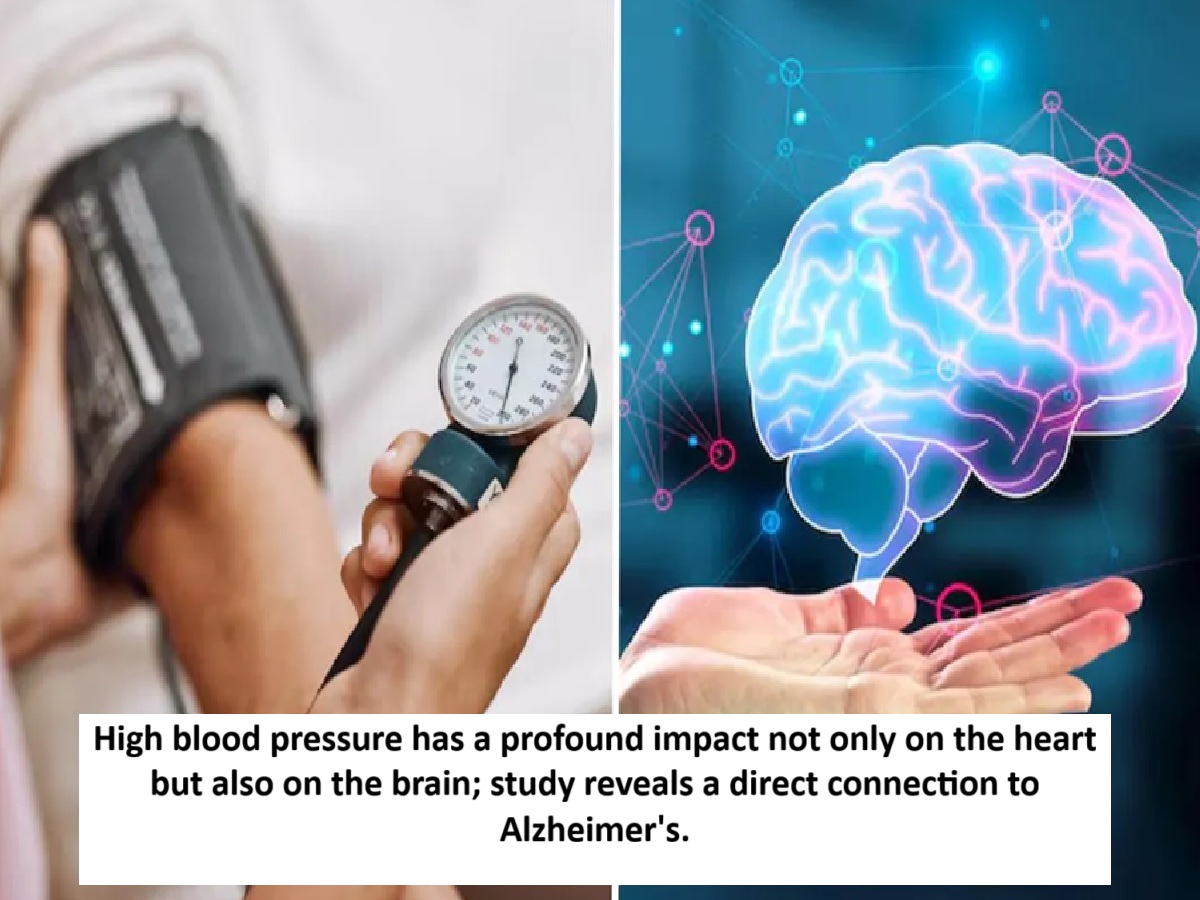
News Topical, Digital Desk : High blood pressure, or hypertension, is often linked to heart disease, but a new study has revealed that its effects extend far beyond the heart, directly to the brain—much earlier than previously believed. This study explains why high blood pressure is considered a major cause of intellectual disabilities like Alzheimer's.
Why the impact on the brain in the beginning?
Researchers at Weill Cornell Medicine found that hypertension triggers very early changes in brain cells. These changes occur at the level of gene expression—which controls how cells function. When these genes become abnormally active, the ability to think, learn, and remember is affected.
This is why people who have high blood pressure for a long time have a risk of intellectual disorders that increases by about 1.2 to 1.5 times compared to normal people.
Visible changes in just three days
The team of Dr. Anthony Pacholko, who led the study, revealed an interesting fact – just three days after the onset of hypertension, important brain cells start showing signs of damage.
Researchers tested its effect on the brain in three stages-
- Before blood pressure rises
- three days later
- 42 days later
By the third day, gene expression began to change in three key cell types: the cells that keep the brain active, process information, and manage intellectual capacity.
The blood-brain barrier also began to weaken
The study revealed another worrying finding: the blood-brain barrier also begins to weaken in the early days. This barrier acts as a protective shield, preventing harmful particles from reaching the brain. As it weakens, cells become stressed and can also lead to serious neurological problems in the long term.
Interneurons are most affected
Research has found that hypertension particularly affects cells called interneurons. These are the cells that connect different parts of the brain and help them work together as a team. When these cells are damaged, brain activity slows down—the same changes seen in diseases like Alzheimer's.
Hope for new drugs in the future
The most significant feature of this research is that it could pave the way for the development of future medications that not only control blood pressure but also protect the brain from early damage. This means that it could help protect not only the heart but also overall mental health.
This study sends a very clear message: don't take hypertension lightly. It's not just a number, but a vital indicator of brain health. The sooner blood pressure is controlled, the longer the brain can remain healthy.
Read More: Want to get rid of a sagging belly? Pyramid walking is the easiest way, read its benefits.
--Advertisement--

 Share
Share



